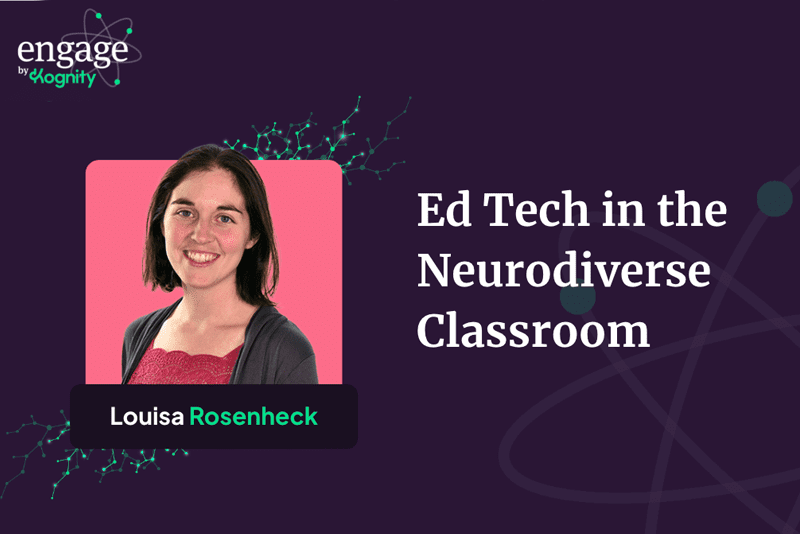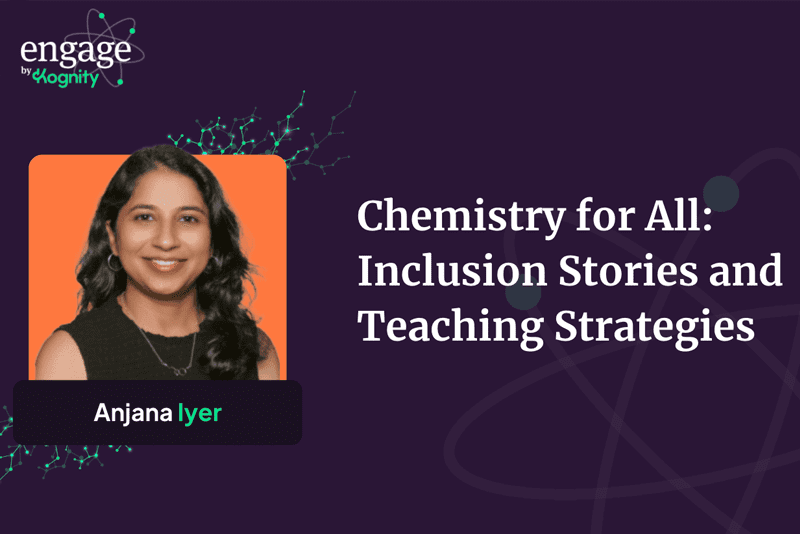Embracing Neurodiversity: 7 Tips for Fostering Inclusive Learning Environments
Does your science classroom buzz with the excitement of unique learning styles? Or do traditional methods leave some students feeling out of the loop, their valuable perspectives stifled?
Science thrives on neurodiversity, the beautiful spectrum of how brains learn and process information. But many classrooms unintentionally create barriers for neurodivergent learners, hindering their potential and dimming the classroom’s brilliance.
This guide offers proven strategies to help you:
- Unlock the potential of every student by recognizing and celebrating neurodiversity in your science classroom.
- Bridge the gap between diverse learning styles and traditional methods, creating a truly inclusive environment.
- Empower students to advocate for their needs and collaborate effectively with their peers.
- Discover research-backed strategies for differentiated instruction, sensory supports, and open communication.
Imagine a science classroom where:
- Every mind feels welcome, heard, and celebrated.
- Innovation sparks from the collision of diverse perspectives.
- Learning feels engaging, accessible, and empowering for all.
Download today and embark on a journey towards that reality.
Download 7 Tips for Fostering Inclusive Learning Environments
Want to dive deeper and explore additional resources?
Check out these webinars featuring Anjana Iyer from Hillsborough High School and Louisa Rosenheck from Kahoot! and discover inspiration, practical tips, and strategies for igniting the diverse minds of your future scientists!

Ed Tech in the Neurodiverse Classroom
What does neurodiversity mean, and how can ed tech tools support diverse learners?

